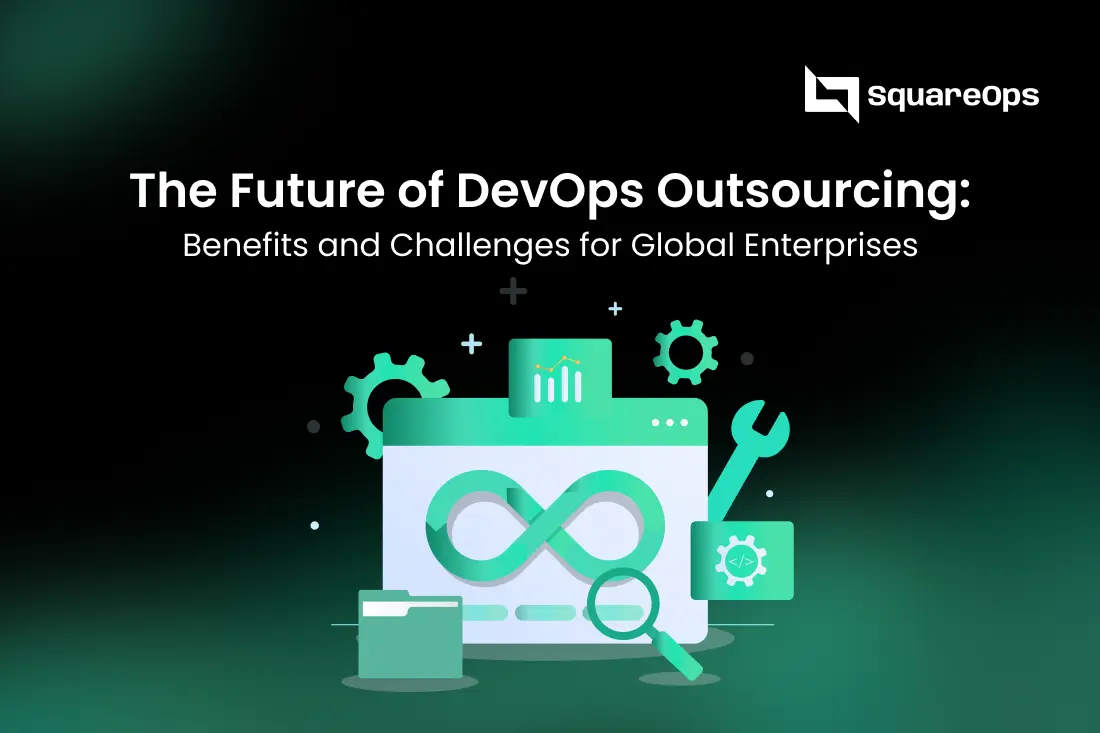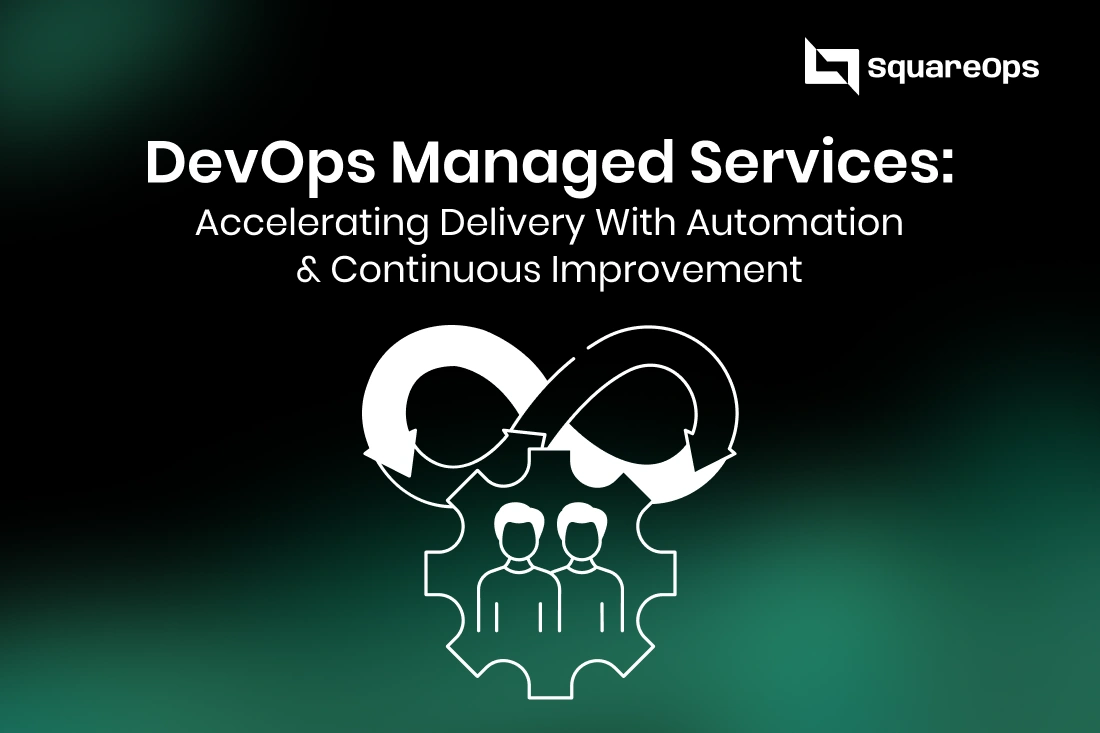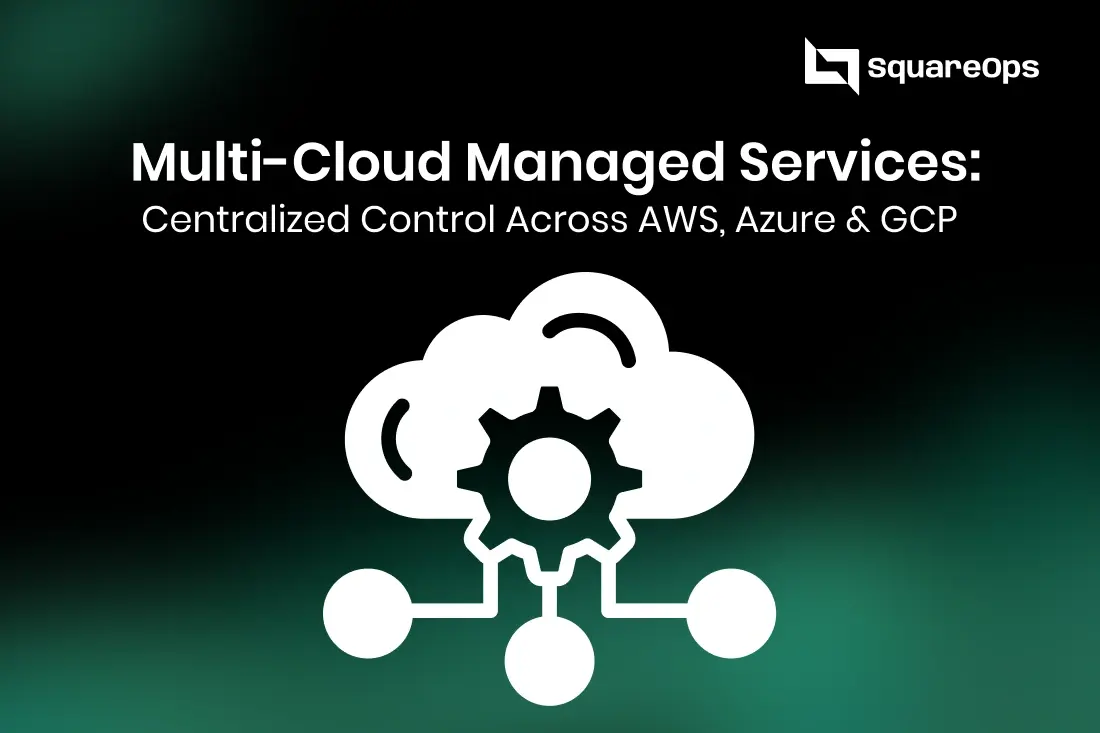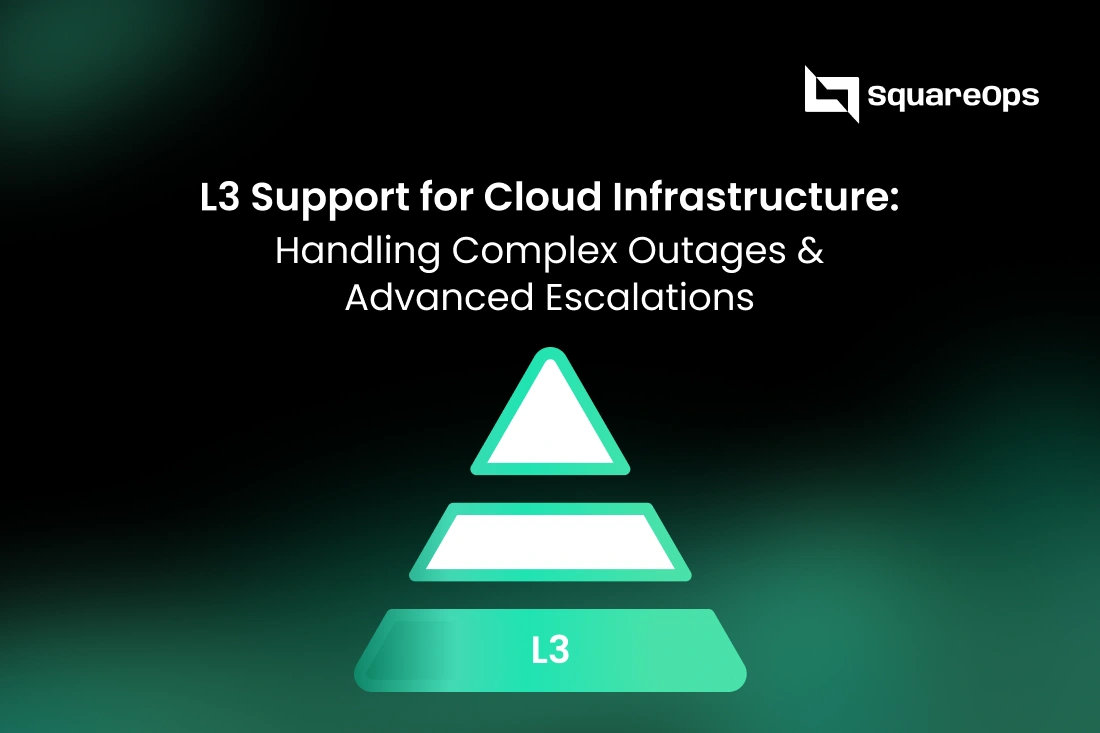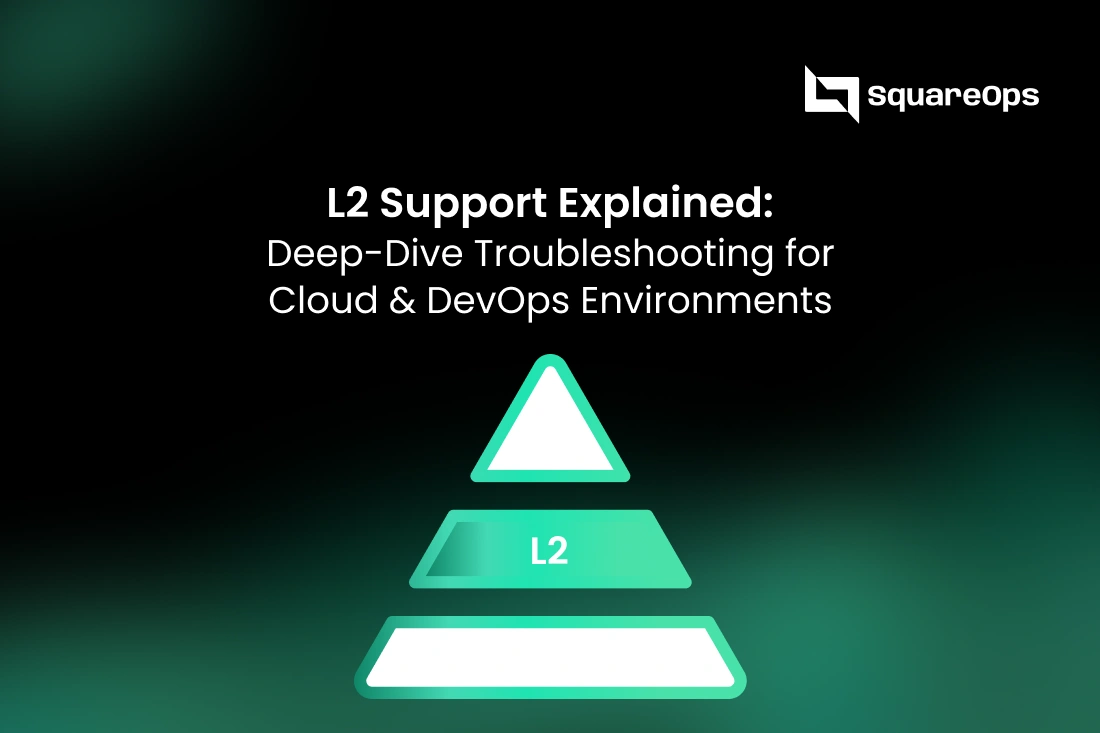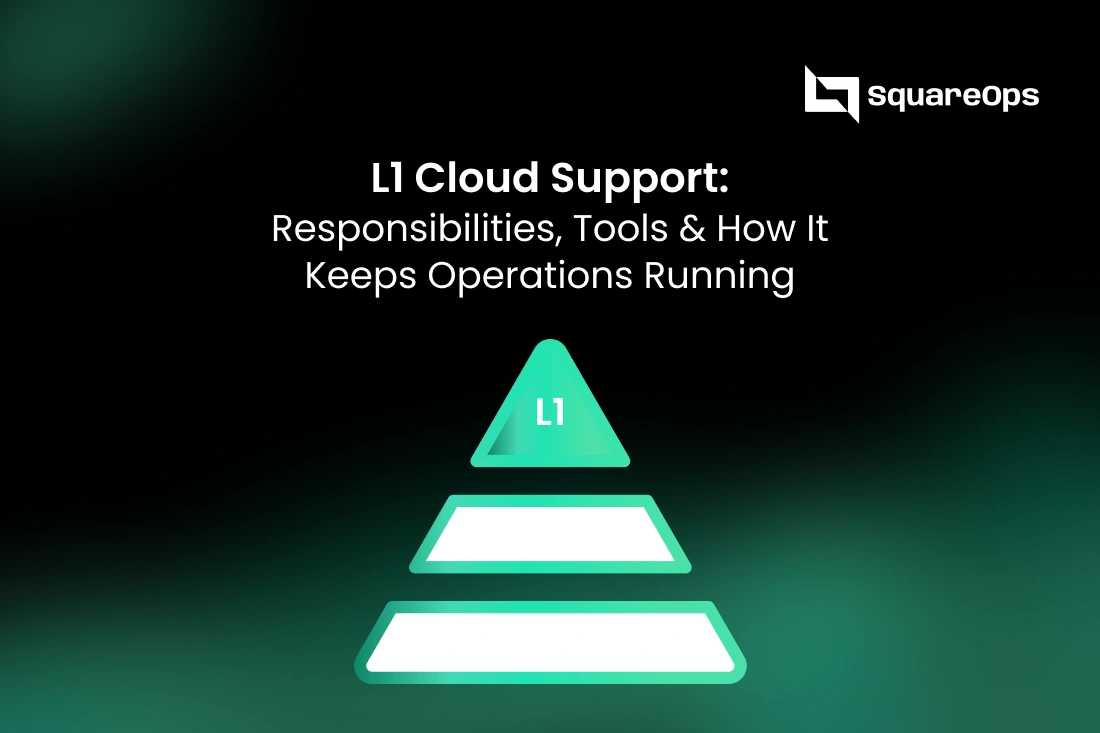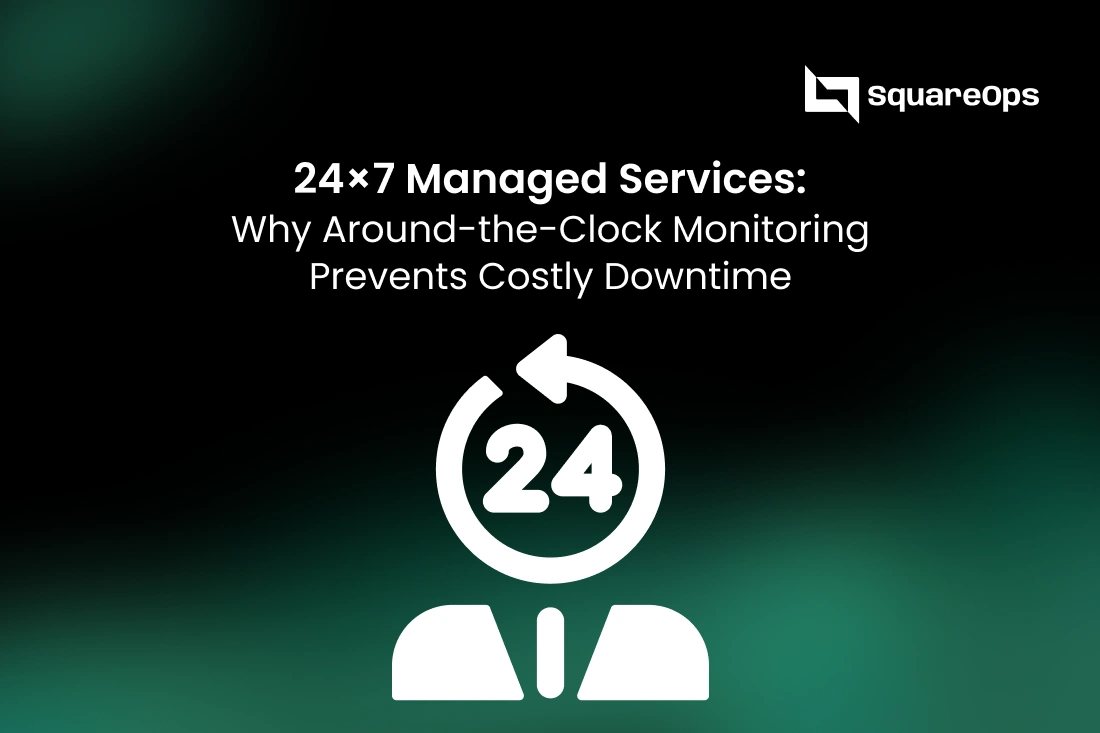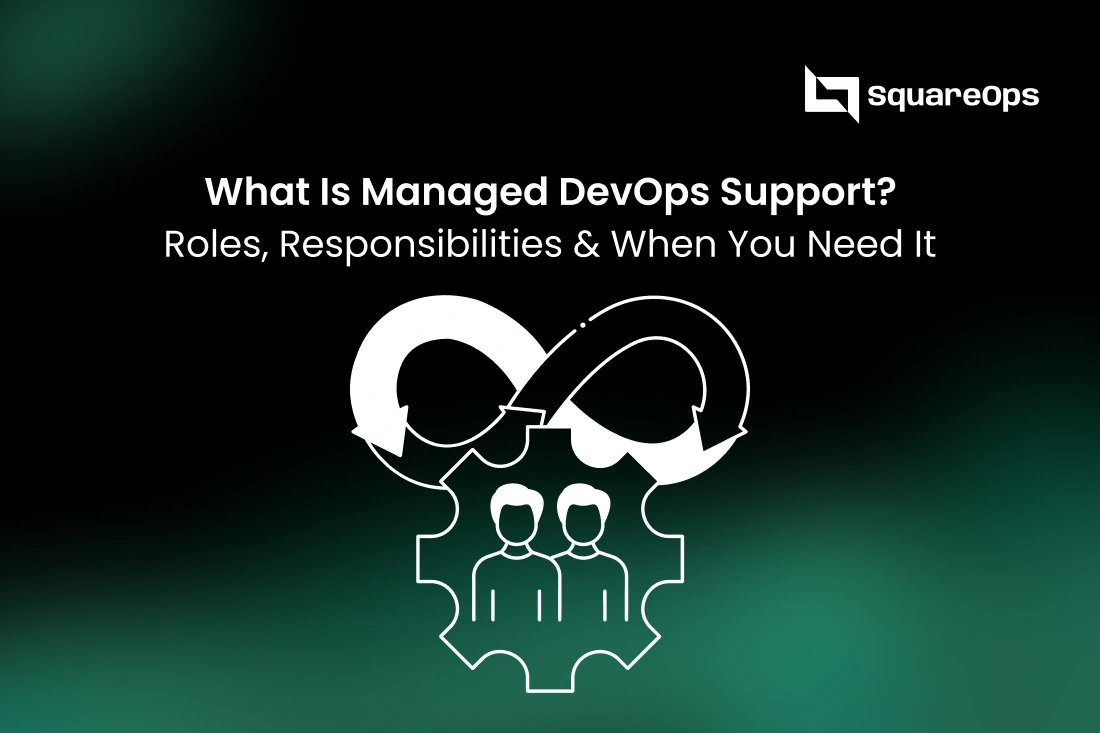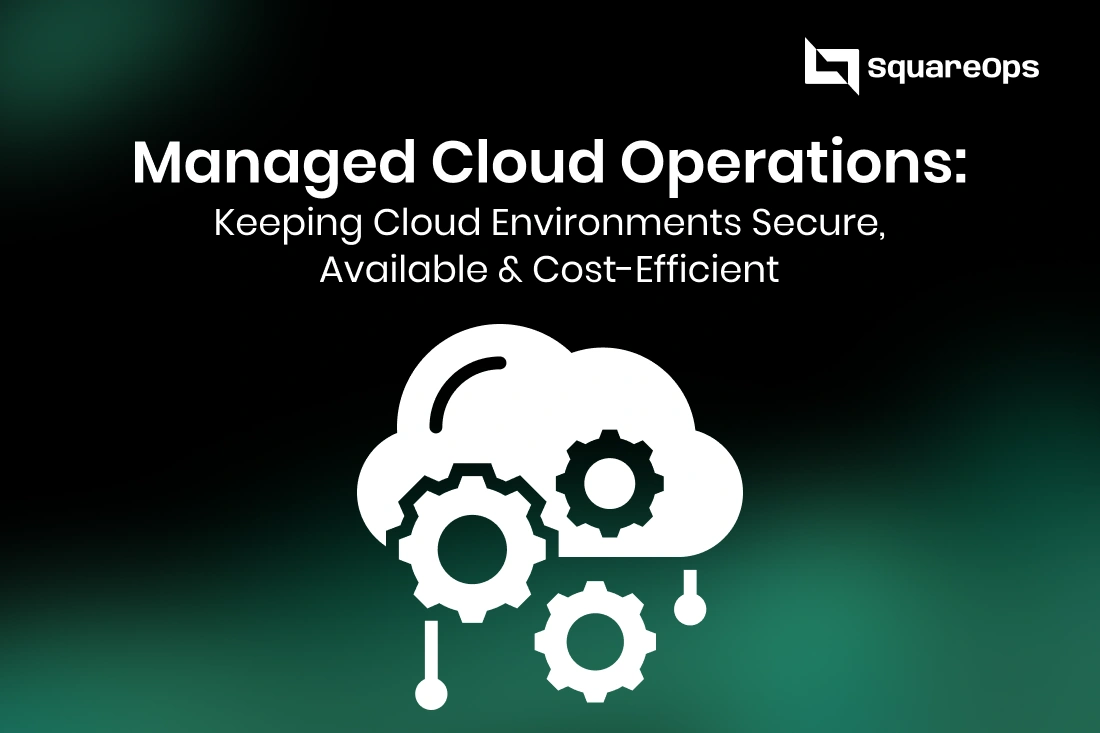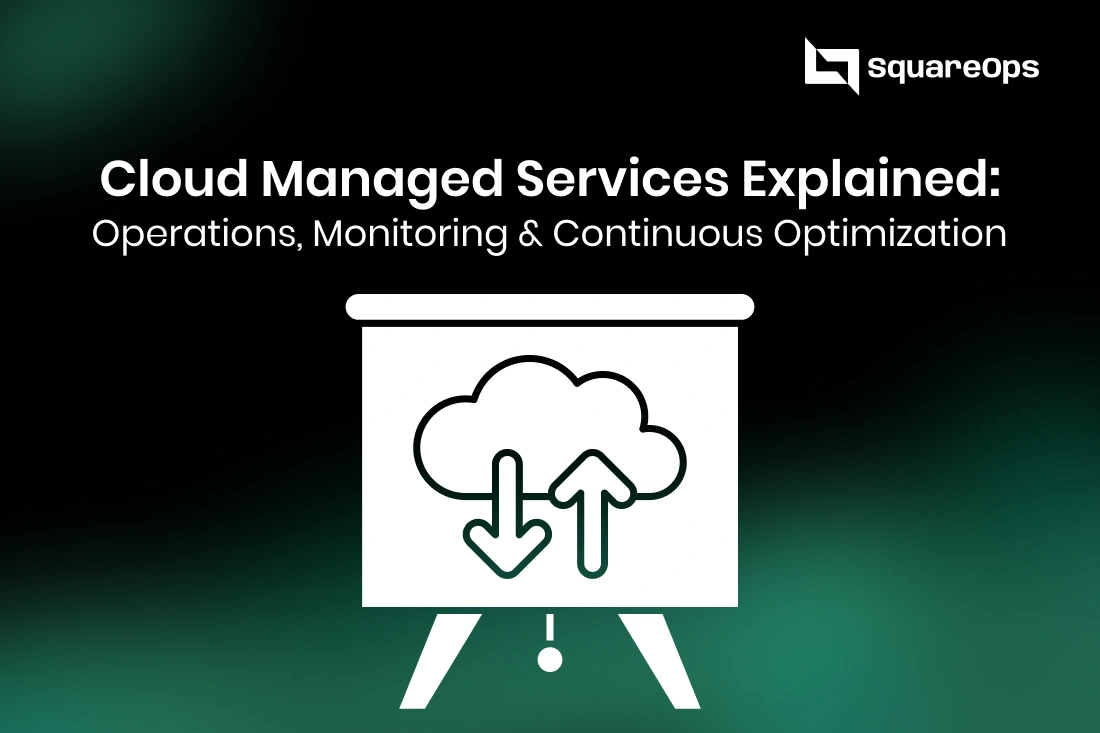In today’s fast-paced digital economy, enterprises must deliver software faster, more securely, and more reliably than ever before. Customers expect seamless experiences, and competition is fierce. Yet scaling DevOps capabilities in-house has become increasingly difficult due to a global shortage of skilled engineers and the rising costs of cloud operations.
This is why many organizations are looking outward, turning to DevOps outsourcing companies and service providers to support their transformation.
DevOps outsourcing is no longer just about cost savings. In 2025 and beyond, it represents a strategic partnership that drives scalability, innovation, and customer satisfaction at a global scale.
This article explores the benefits, challenges, and future trends of DevOps outsourcing and how enterprises can harness it to stay ahead.
What is DevOps Outsourcing?
DevOps outsourcing refers to the practice of partnering with a third-party DevOps service provider to manage development and operations processes. Instead of hiring an entire in-house DevOps team, enterprises can outsource functions such as:
- Building and maintaining CI/CD pipelines.
- Infrastructure as Code (IaC) implementation.
- Cloud migration and management (AWS, Azure, GCP).
- 24/7 monitoring and incident response.
- DevSecOps and compliance services.
Why Enterprises Outsource DevOps
- Reduce hiring bottlenecks.
- Access specialized expertise instantly.
- Scale resources on demand.
- Focus internal teams on core business and product innovation.
Benefits of DevOps Outsourcing for Enterprises
Outsourcing DevOps isn’t just a stopgap measure it delivers clear strategic benefits:
1. Cost Savings
Maintaining an in-house DevOps team is expensive. Salaries, training, and cloud overheads add up quickly. Outsourcing provides enterprises with on-demand expertise at a fraction of the cost.
2. Access to Expertise
Top DevOps outsourcing companies employ certified engineers skilled in Kubernetes, Terraform, CI/CD tools, and multi-cloud platforms. Enterprises gain access to cutting-edge practices without long onboarding cycles.
3. Faster Time-to-Market
With automated pipelines and 24/7 support services, outsourced DevOps accelerates software delivery, ensuring enterprises can innovate and deploy features faster.
4. Scalability and Flexibility
Need to scale infrastructure during a product launch or seasonal peak? Outsourced DevOps teams can instantly adjust capacity across AWS, Azure, or GCP.
5. 24/7 Monitoring and Support
Outsourced DevOps support services ensure round-the-clock monitoring and quick incident resolution, reducing downtime and protecting revenue.
6. Strategic Partnerships
The best outsourcing models extend beyond operations, providing consulting services that align DevOps practices with enterprise business objectives.
Challenges of DevOps Outsourcing
While the benefits are significant, enterprises must also weigh the challenges of outsourcing DevOps.
1. Communication Barriers
Working across time zones and cultures can slow collaboration if not managed well.
2. Security and Compliance Risks
Entrusting a third party with sensitive systems requires strong security controls and compliance frameworks.
3. Vendor Lock-In
Relying too heavily on one DevOps service provider can create dependencies. Enterprises must plan for flexibility.
4. Cultural Alignment
DevOps is as much about culture as it is about tools. Outsourced teams must align with enterprise values and workflows.
5. Quality Assurance
Without clear SLAs and KPIs, outsourced services may fall short of expectations.
How to Overcome Challenges in DevOps Outsourcing
Global enterprises can minimize risks by following best practices:
- Set Clear SLAs & KPIs: Define expectations around uptime, deployment frequency, and MTTR (mean time to recovery).
- Regular Reporting: Weekly or monthly reports on performance, costs, and incidents.
- Security-First Approach: Choose providers with DevSecOps expertise and compliance certifications (ISO, GDPR, HIPAA).
- Hybrid Models: Combine in-house teams with outsourced experts for balance.
- Careful Vendor Selection: Partner with a DevOps outsourcing company that has proven enterprise experience.
Use Cases for DevOps Outsourcing in 2025
Outsourced DevOps is not one-size-fits-all. Common enterprise use cases include:
1. Cloud Migrations
Moving legacy workloads to AWS, Azure, or GCP with minimal disruption.
2. CI/CD Automation
Building automated pipelines that reduce manual errors and speed up deployments.
3. 24/7 Monitoring & Observability
Round-the-clock monitoring with outsourced support services ensures uptime.
4. DevSecOps & Compliance
Securing infrastructure and ensuring compliance for industries like healthcare and finance.
5. Multi-Cloud Management
Managing complex infrastructures across multiple providers for resilience and performance.
Case Study: Enterprise Success with DevOps Outsourcing
Background:
A global fintech enterprise was struggling with slow release cycles and frequent outages. Internal DevOps talent was expensive and hard to retain.
Challenges:
- Deployment cycles took weeks.
- High downtime impacted customer trust.
- Lack of compliance with financial regulations.
Solution:
- Partnered with a DevOps outsourcing company specializing in financial services.
- Automated CI/CD pipelines.
- Migrated workloads to a hybrid AWS + Azure environment.
- Implemented compliance-focused DevSecOps.
Results:
- Release time reduced by 40%.
- Downtime decreased by 60%.
- Compliance achieved with ISO 27001 and GDPR standards.
The Future of DevOps Outsourcing (2025 and Beyond)
1. AI-Driven DevOps
Outsourced providers will leverage AI for predictive monitoring, anomaly detection, and automated remediation.
2. Global Talent Pools
Enterprises will view outsourcing as a way to access innovation, not just cut costs. Global talent will drive new solutions.
3. Hybrid Models Become Standard
Most enterprises will blend in-house SREs with outsourced DevOps teams for flexibility and resilience.
4. Compliance-Driven Outsourcing
Regulatory frameworks will require providers to hold robust compliance certifications.
5. Rise of Managed DevOps Services
Outsourcing will evolve into DevOps as a Service (DaaS), where providers deliver end-to-end automation, monitoring, and security.
Conclusion
For global enterprises, scaling DevOps internally is often too slow and too expensive. DevOps outsourcing companies provide the expertise, automation, and support services needed to accelerate innovation while maintaining security and compliance.
The future of DevOps outsourcing lies in strategic partnerships where service providers not only optimize pipelines but also contribute to enterprise transformation goals.
At SquareOps, we help enterprises:
- Build and manage automated CI/CD pipelines.
- Scale workloads across AWS, Azure, and GCP.
- Provide 24/7 DevOps support services.
- Deliver compliance-driven DevSecOps for regulated industries.
Ready to explore DevOps outsourcing for your enterprise?
Book a Free Consultation with SquareOps
